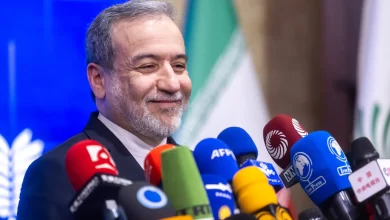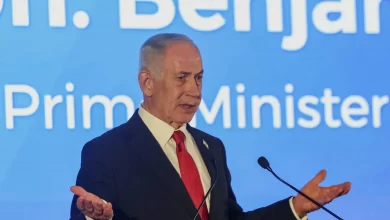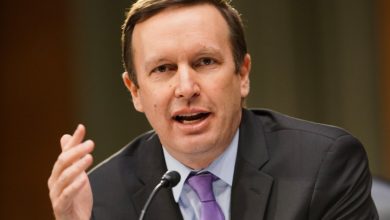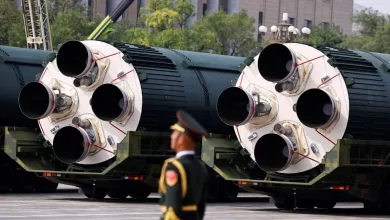Senegal Just Saved Its Democracy. That Helps All West Africa
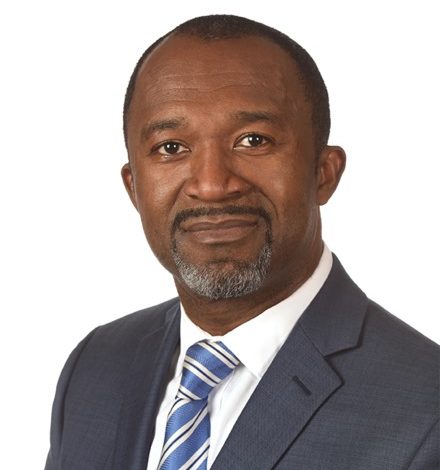
Joseph Sany, Ph.D.
Senegal’s dramatic transfer of presidential power this week highlights that West Africa, routinely seen as a zone of democratic erosion and failure, includes an arc of resilient coastal democracies — from Senegal to Liberia, Ghana and Nigeria. The Senegalese people’s resolute reversal of last month’s constitutional crisis shows that U.S. and international efforts to counter violent extremism and military coups can reinforce a potent West African democratic constituency. Vital next steps include these: supporting Senegal’s democratic forces in shifting from “campaign mode” to inclusive governance; promoting economic investment to bolster youth employment and rule-of-law reforms; and energizing a West African democratic alliance against extremism and coups.
Senegal’s orderly inauguration of President Bassirou Diomaye Faye is a victory of the democratic resilience that is needed to reverse Sahelian West Africa’s slide into chaos, and prevent its vastly more disruptive spread to the five-times-more-populous West African coastal states. This peaceful transfer of power, Senegal’s fourth since its independence, serves as a national rejection of former President Macky Sall’s attempt, a month ago, to unconstitutionally postpone the vote and extend his term in power. The March constitutional and political crisis followed years of Sall’s progressive suppression of independent political voices and manipulation of the judiciary and elections.
Senegalese democracy defeated this assault through a reassertion of democratic will that was critically strengthened by quick, well-calibrated support from democracies abroad. Senegalese responded through homebred democratic culture and institutions. Their resistance included young street protesters, religious leaders and civil society. Some 40 civil society groups quickly formed an alliance, called Aar Sunu Election (Protect Our Election), that joined opposition parties to demand adherence to the law. After Sall worked for years to manipulate Senegal’s constitutionally independent judiciary, last month’s national outcry buttressed Senegal’s Constitutional Council in reasserting judicial independence and reversing Sall’s order. Sall backed down, scheduling the election and releasing Faye and other political prisoners just 10 days before the vote.
Alongside Senegal’s democratic culture and institutions, the professionalism and patriotism of its armed forces was essential. Amid rising turmoil under Sall and public discussion about whether they might seize power, Senegal’s soldiers abstained from any such move, meeting the expectations of their fellow citizens and presenting a pro-democracy model for other West African militaries. Also critical was that the officeholder assaulting democratic norms in his bid to retain power was a politician, not a military ruler or a warlord facing trial upon being deposed.
How International Support Helped
While international responses have failed to seriously confront democratic erosions in many African nations, the response on Senegal was fast, firm, united and calibrated. French President Emmanuel Macron, Secretary of State Antony Blinken and other foreign officials called Sall to urge a quick return to what the United States pointedly called “Senegal’s strong democratic tradition.” The African Union, European Union and United States all spoke in similar terms, along with West Africa’s regional bloc, ECOWAS (the Economic Community of West African States).
